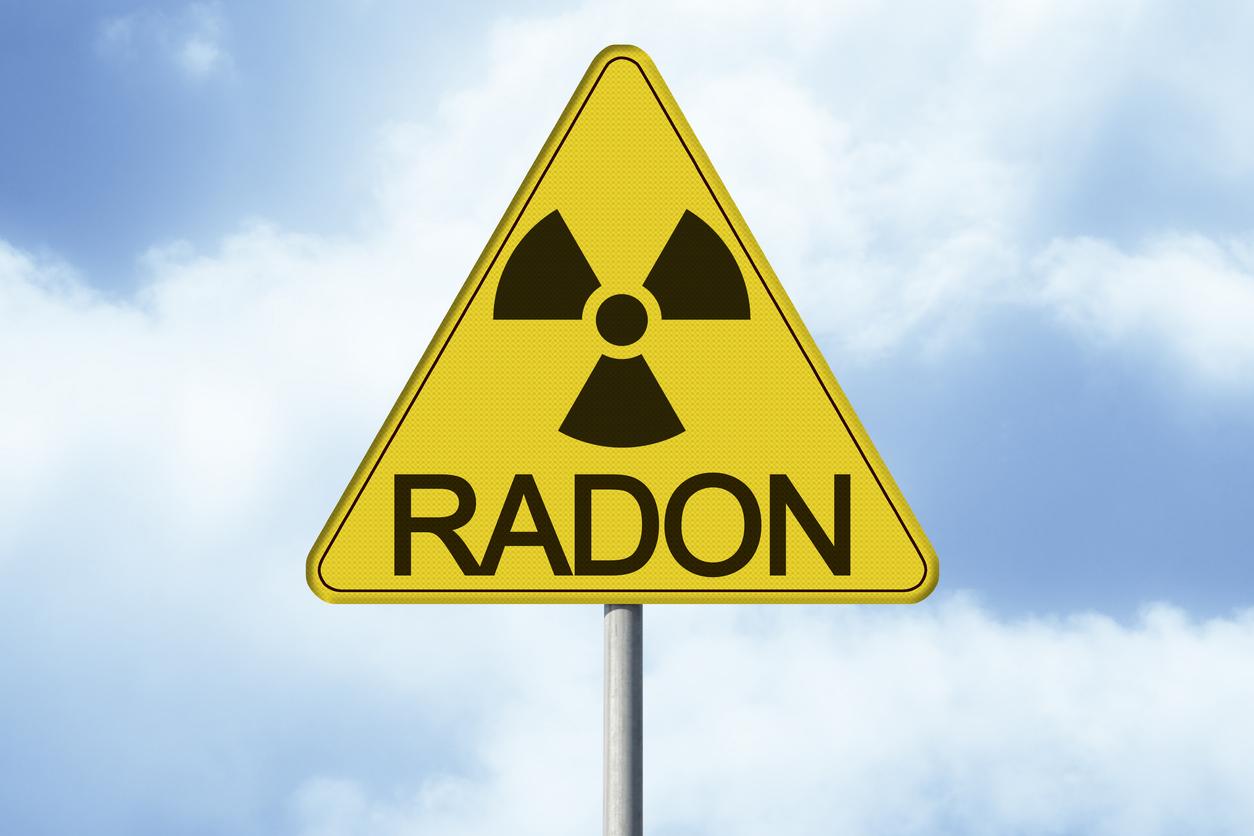According to a new study in which researchers studied ancient texts, there are very few traces of dementia during Antiquity, which means that this pathology is more linked to new factors, such as air pollution.

- There are very few documented cases of dementia from Ancient Greek times.
- In Ancient Rome, there were slightly more cases of dementia.
- The authors explain that this could be linked to the increase in pollution in Roman cities.
Currently, nearly 10 million new cases of dementia are reported each year worldwide, according to theNational Institute of Health and Medical Research (Inserm). But has this disease, which impairs memory, thinking and the ability to carry out daily tasks, always existed?
Dementia: memory loss was not one of the symptoms described in Ancient Greece
To answer this question, researchers from the University of Southern Californiain the United States, studied ancient texts written by Hippocrates, a Greek doctor born in 460 and died in 377 BC. Their goal was to find descriptions of symptoms similar to those of dementia as it is defined today, i.e. a global and progressive intellectual weakening. Their work was published in the journal Journal of Alzheimer’s Disease.
In the texts of Hippocrates, scientists have discovered symptoms described in elderly people that may suggest dementia, such as dizziness, deafness and digestive problems. However, no loss of memory in Ancient Greece.
“The Ancient Greeks very rarely mentioned – but we found them – what could be related to a mild cognitive impairment, says Caleb Finch, professor at the Leonard Davis School of Gerontology at the University of California and co-author of the study, in a communicated. When we came to the Romans [Rome Antique], we discovered at least four reports that suggest rare cases of advanced dementia, but we cannot say that it is Alzheimer’s disease. So there was a progression between the ancient Greeks and the Romans.”
Pollution, a key factor in dementia
Thus, researchers indicate that the densification of Roman cities, the increase in pollution and the use of certain materials, such as lead that has neurological effectscould explain the increase in cases of cognitive decline in Ancient Rome.
Secondly, the researchers compared the prevalence of these dementias to those of an indigenous people of the Bolivian Amazon called Tsimané. These were very active and had low rates of dementia. “The data [du peuple] Tsimané, which are quite in-depth, are very valuable”, explains Caleb Finch. According to him, the way of life of this indigenous people “indicates that environment is a major determinant of dementia risk.”


















